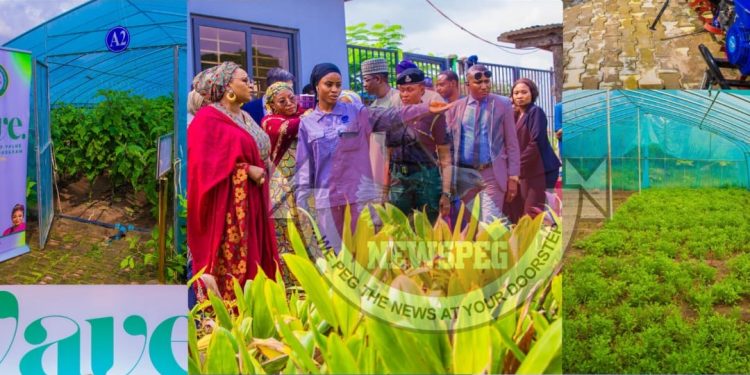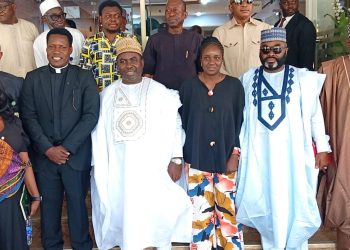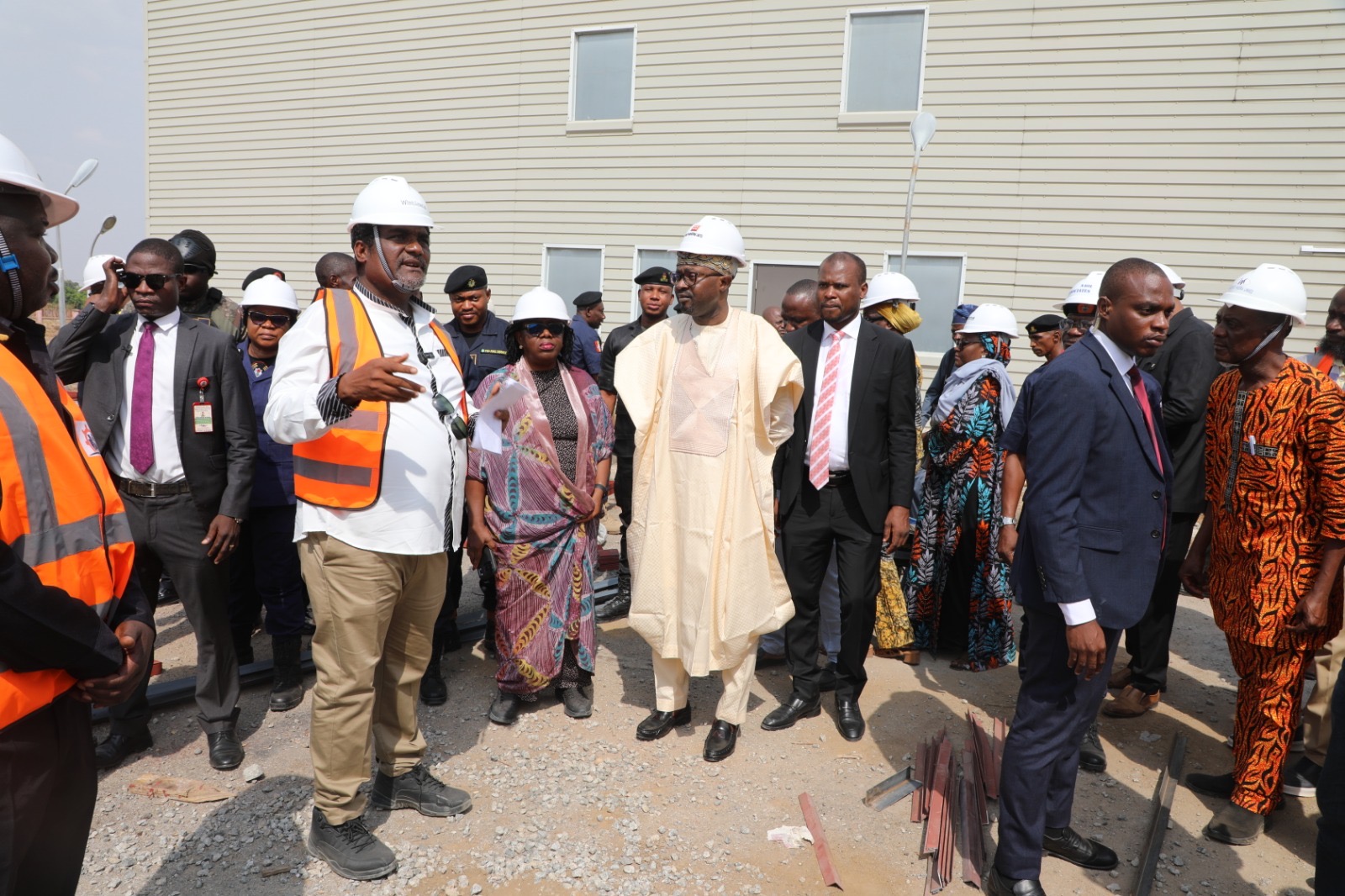By Nkechi Eze
In what is being described as a turning point in Nigeria’s agricultural and gender equity journey, the Federal Government has flagged off a landmark agro-value chain initiative that seeks to empower 10 million women through practical training, access to resources, and expanded opportunities across the agricultural sector.
The three-day National Capacity-Building Workshop, organised by the Federal Ministry of Women Affairs in collaboration with the Organisation of Islamic Cooperation (OIC), was formally launched in Abuja by the Honourable Minister of Women Affairs, Mrs. Imaan Sulaiman-Ibrahim. It is being celebrated as one of the most ambitious women-focused agricultural reforms under President Bola Ahmed Tinubu’s Renewed Hope Agenda.
The Minister, speaking at the opening ceremony, declared that systemic barriers that have long excluded Nigerian women from the full benefits of agriculture would no longer be tolerated. “Women make up 70% of Nigeria’s agricultural workforce and produce 80% of our total agro-output. Yet, they earn 30% less, and only 10% own farmland or have access to agricultural financing. This exclusion may not always be deliberate, but it is real and it ends now,” she said emphatically.
At the heart of the reform is the Women Agro Value Expansion (WAVE) Initiative, a flagship programme designed to equip 10 million women with the skills, resources, and support to become innovators, entrepreneurs, and leaders in Nigeria’s food systems. The Minister described WAVE as a bold vehicle of change. “Under President Tinubu’s Renewed Hope Agenda, women are no longer seen as passive beneficiaries. They are recognized as primary drivers of national transformation,” she affirmed.
The capacity-building programme, which runs from 27–29 August 2025, features technical training on greenhouse farming, homestead gardening, post-harvest storage, financial literacy, and agribusiness. Participants will also be exposed to modern farming techniques and value-addition skills to move beyond subsistence farming into profitable and sustainable ventures.
A major highlight of the event was the signing of a Memorandum of Understanding (MoU) between the Ministry of Women Affairs and the OIC, which formalised a new partnership for women’s empowerment, food security, and inclusive growth. Minister Sulaiman-Ibrahim praised the OIC for its quick response to Nigeria’s call for collaboration, describing the partnership as one aligned with global conventions on gender equality and sustainable development.
The OIC delegation, led by Assistant Secretary-General, Ambassador Tarig Ali Bakheet, reaffirmed the Organisation’s commitment to work hand in hand with Nigeria in advancing women’s rights, particularly through the OIC’s Plan of Action for the Advancement of Women (OPAAW). Dr. Abdul Falilat Ajoke, Director of the Social and Family Affairs Department, is leading the organisation’s technical participation at the workshop.
Private sector players were also recognised at the launch, particularly the Mutual Commitment Company (MCC), a key member of the WAVE Consortium. Commending their support, the Minister said, “Your collaboration is a blueprint for others,” signalling the government’s intention to strengthen public-private partnerships in driving agricultural reform.
The symbolic timing of the workshop is also significant, coming as Nigeria marks 30 years since the establishment of the Federal Ministry of Women Affairs and the Beijing Platform for Action. In her call to action, the Minister urged Nigerian women to seize the moment: “The policies are being reformed, the support systems are growing but the real transformation lies in your hands. Your success is Nigeria’s success.”
The WAVE Chairman, Mr. Shittu Kabir, echoed this sentiment, calling the workshop a “game-changer” for women in agriculture. “This is about transforming agriculture into a pathway for women’s economic independence,” he said.
For participants, the training was both practical and inspiring. Mrs. Dinatu Adiza Sani, a ginger and groundnut farmer from Abuja Municipal Area Council, shared her experience: “I have been farming since childhood, but I only sell raw products. This workshop is teaching me how to process, package, and earn more. I am grateful to President Tinubu and the Honourable Minister for prioritising rural women farmers.”
The event drew attention to a critical shift in Nigeria’s agricultural policies, away from token inclusion and toward structured empowerment. By mainstreaming women into every stage of the agro-value chain, the Federal Government hopes to achieve not only gender equity but also national food security, wealth creation, and economic growth.
As the workshop continues, the message is clear: women are no longer to be left behind in Nigeria’s agricultural future. With training, partnerships, and political will converging under the Renewed Hope Agenda, the seeds of transformation are being planted, not just in farmlands, but in the lives of millions of Nigerian women.
















